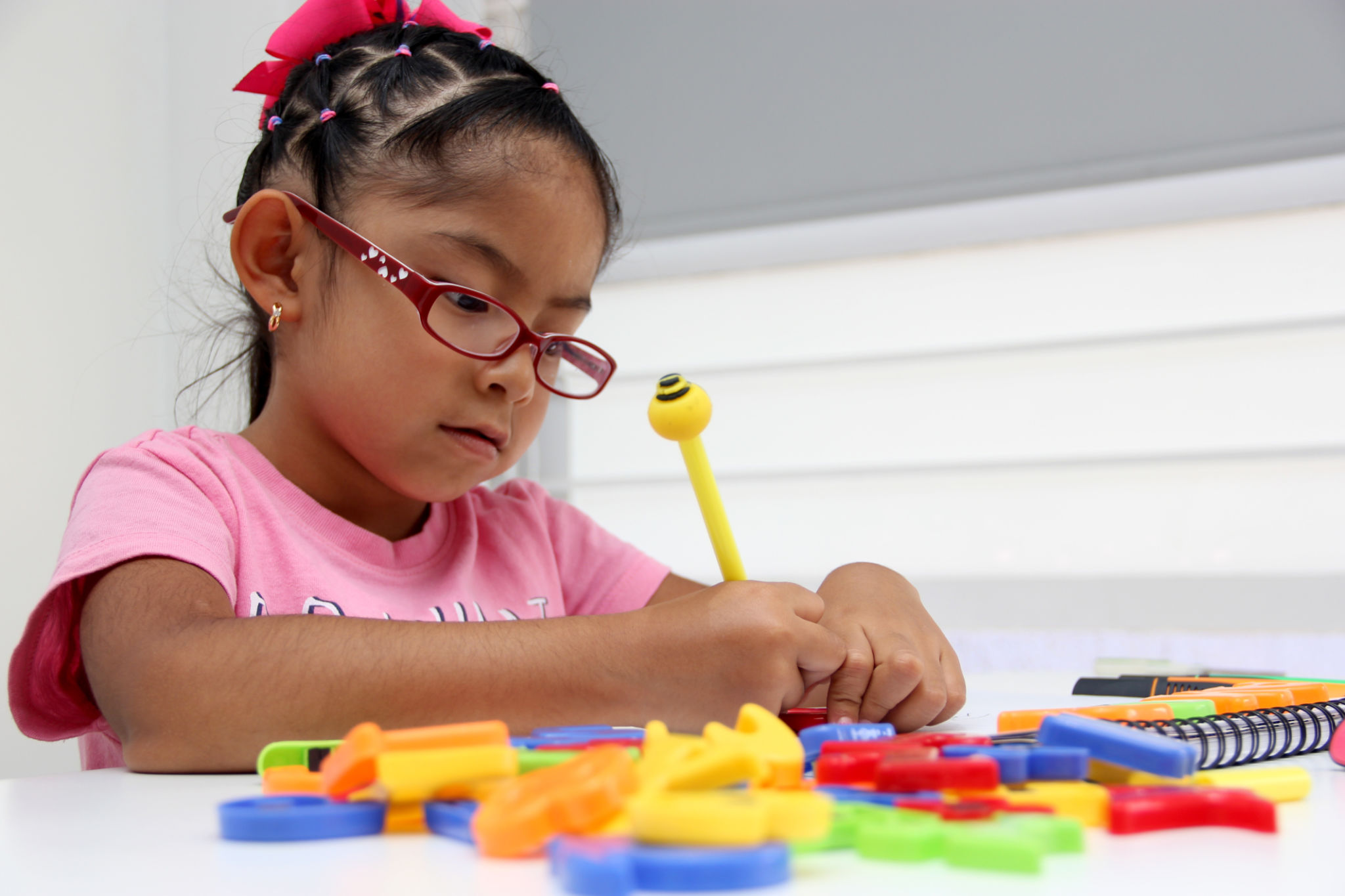Success Stories: How School Psychologists Have Transformed Student Lives
The Impact of School Psychologists on Student Lives
School psychologists play a crucial role in shaping the educational and emotional well-being of students. By addressing diverse challenges, they help students navigate academic and personal hurdles, ultimately fostering a supportive school environment. These professionals are often the unsung heroes working behind the scenes to ensure that students thrive.

Identifying and Supporting Learning Disabilities
One of the key responsibilities of school psychologists is to identify learning disabilities and provide strategies to support students with these challenges. By conducting assessments and collaborating with teachers, they create individualized education plans (IEPs) tailored to each student's needs. This proactive approach not only enhances students' learning experiences but also boosts their confidence and self-esteem.
For example, a school psychologist might identify a student struggling with dyslexia and work with educators to implement specialized instructional methods. This targeted support can lead to remarkable improvements in the student's reading abilities, demonstrating the transformative power of early intervention.
Promoting Mental Health and Emotional Well-being
In addition to academic support, school psychologists are instrumental in promoting mental health within the school community. They provide counseling services, develop prevention programs, and offer crisis intervention when needed. By addressing issues like anxiety, depression, and bullying, they create a safer and more inclusive environment for all students.

Consider a situation where a school psychologist helps a student coping with social anxiety. Through regular counseling sessions and social skills training, the student gains confidence in interacting with peers, leading to improved relationships and participation in classroom activities.
Fostering Positive Behavioral Changes
Another significant contribution of school psychologists is their work in fostering positive behavioral changes. By implementing behavior intervention plans, they help students develop self-regulation skills and improve their conduct within the school setting. This approach not only benefits the individual student but also enhances the overall classroom climate.
For instance, a student exhibiting challenging behaviors may be guided by a school psychologist to set achievable goals and track their progress. This method encourages accountability and motivates the student to adopt more positive behaviors over time.

Collaborating with Families and Educators
School psychologists serve as a vital link between families, educators, and students. They offer guidance on effective communication strategies and help bridge gaps between home and school. By fostering collaboration, they ensure that everyone involved in a student's education is working towards common goals.
Through workshops and meetings, school psychologists empower parents with the tools to support their children's development at home. Educators also benefit from professional development sessions that equip them with the skills to address diverse student needs effectively.
Conclusion
In conclusion, the work of school psychologists is indispensable in transforming student lives. Their expertise in addressing learning disabilities, promoting mental health, fostering behavioral changes, and facilitating collaboration is vital to creating nurturing educational environments. As we continue to recognize and celebrate their contributions, it is clear that school psychologists are key players in shaping the future of education.